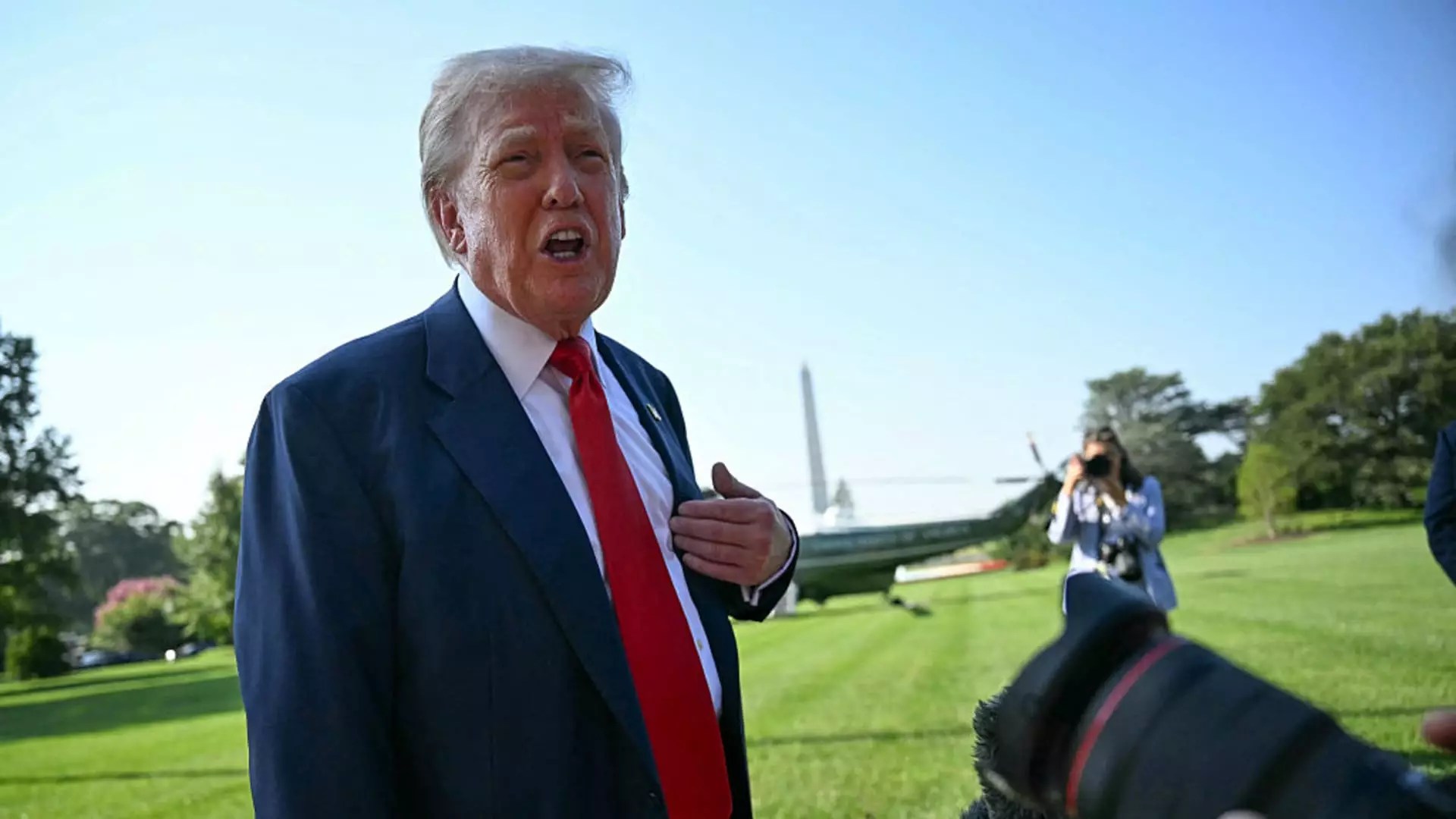In the murky waters of high-profile scandals, few stories have captivated the public imagination quite like the Jeffrey Epstein case. For years, Epstein’s name was synonymous with elite privilege, secretive networks, and disturbing allegations that shook the moral foundations of the political and social hierarchies. Recently, the narrative has taken another perplexing turn with political figures distancing themselves or implicating far-flung associates, yet the core questions remain unresolved. The spectacle of public figures like former President Donald Trump addressing their past connections illustrates how intertwined personal histories are with national morality and transparency.
Trump’s evasive comments about Epstein underscored a broader human tendency toward selective memory and blame-shifting. While distancing himself from Epstein, Trump pointed fingers at other prominent individuals—former President Bill Clinton, Harvard’s Larry Summers, and unnamed hedge fund managers—suggesting that they, too, had ties to Epstein. However, this deflection reveals more about the politics of distraction than genuine clarity. It highlights a troubling pattern where powerful figures attempt to divert attention from their own complicity or knowledge, instead pointing fingers at equally influential counterparts. This behavior exposes a glaring weakness: a collective reluctance among the elite to confront uncomfortable truths about their networks or potential culpability.
The scandal deepens when viewed through the lens of justice and accountability. The failure of the Department of Justice to unseal Epstein-related files, despite promises to do so, has only fueled suspicion and distrust. This opacity feeds the narrative that the powerful can manipulate or conceal truths, shielding themselves behind legal barriers and bureaucratic delays. For the victims, and ultimately for society, transparency is not an option but a moral imperative. The reluctance of authorities to fully release or investigate the files perpetuates the belief that justice is being obstructed, covering up a disturbing truth—one that implicates more than just Epstein and Maxwell.
Ghislaine Maxwell’s recent courtroom appearances and her claims of unfair treatment highlight the complex narrative of justice and victimhood. Her attorney’s desperate attempt to portray Maxwell as a scapegoat reflects the polarized opinions surrounding her case. On one side, supporters argue that she is unjustly vilified, a pawn in a larger scheme of elite cover-ups; on the other, her conviction underscores the seriousness of the crimes linked to Epstein’s network. Her situation encapsulates a broader societal dilemma: how do we treat those caught in the web of systemic abuse, and how do we ensure that justice reaches all parties involved?
Beyond the courtroom, the repeated themes of secrecy, manipulation, and selective memory reveal an uncomfortable truth about the intersection of power and morality. High-profile investigations, like the one involving Maxwell, are often marred by legal battles and political considerations. The reluctance to unseal documents and the perceived delays in justice foster skepticism about whether true accountability will ever be achieved. Meanwhile, stories of alleged abuse and exploitation continue to loom, casting a shadow over the justice system’s ability to serve as an impartial arbiter.
What becomes clear is that Epstein’s saga is more than a scandal about sex crimes; it is a mirror reflecting society’s failure to confront uncomfortable truths about the power structures we live within. Whether through evasive politicians or overpowered legal institutions, the message seems to be that some truths are deliberately kept behind closed doors. As a society, we are called to question the integrity of the institutions that are supposed to protect victims and uphold justice. The Epstein case exemplifies how the veneer of elite privilege can obscure widespread systemic flaws—a reminder that transparency and accountability are the only pathways toward genuine justice in these tangled webs of power.
The ongoing developments serve as a potent reminder that every revelation, every court appearance, and every uncovered document could either illuminate the dark corners of this scandal or entrench the shadows further. The question remains whether justice will finally pierce through the layers of secrecy and complicity or remain something only partially revealed—an unresolved blemish on a society struggling to reconcile comfort with truth.

